The Sumatran Surian Solok sourced via Flacon Specialty.
Sumatran Coffee History
It is thanks to the Dutch that coffee came to Indonesia. The trade routes setup by the Dutch East Indian company bought coffee seed from India in the 1600s. You can read more about the history of Indonesian coffees here…
Today the average farm size in Sumatra is small. Typically a farm is just one to five hectares. Across the country, different varietals can often be found growing together. Characteristically Sumatran coffees are mainly produced by a unique semi-washed process which is sometimes described as “wet-hulled” and is known locally as Giling Basah. This style of production has dominated the export of coffee from Sumatra due to the market demand with little room for alternative processing.
Now though there are regions in Sumatra looking to diversify away from this method of processing and look to more traditional processes such as washed & natural. Falcon has been able to work this year for the first time with the Suriyan group located in the Solok region of West Sumatra where they have been only growing coffee for the past 4-5 years. This drive has come from the local Government who have invested in small localised washing facilities to help promote this region and create a unique profile.
Surian Group
Located 3 hours from Padang, high up in the mountains of West Sumatra, the Minang Solok people native to this area have begun to grow coffee in what was once a traditional tea cultivating area. The Surian group is made up of 12 local regions with farmers within these groups owning approximately 1 -2 hectares. These groups deliver their cherry to the local mill, which is managed by Mr Edravanoid. Who returned to the region after working in the oil and gas industry for the government. On his return, he has helped set up the washing station and has created a coffee nursery. Initially to provide plants to the local farmers so that they can grow coffee alongside their rice crops. Moreover, these farmers have access to an agronomist, Febriyansak, who has mapped out all the farmers in the are using GPS and helps them with agronomy training to help improve the quality of coffee they produce.
Once delivered to the washing station, the coffee cherry is separated for quality. Then pulped before being left to ferment overnight for 12 hours. Once ready, it is then laid out onto the small patios and regularly turned each day and dried for 7 -10 days.
Sumatran Solok Surian
The Sumatran Solok Surian is a lot of coffee that cupped well and separated as an identified lot. This coffee is more fruity than a typical Sumatran.
| Farm/Region: | Surian, Solok, West Sumatra. | |||||||||||||
|---|---|---|---|---|---|---|---|---|---|---|---|---|---|---|
| Farmers: | Group of micro farmers each have 1-2 hectares. | |||||||||||||
| Harvest: | November – April (2018). | |||||||||||||
| Processing: | Semi-washed. | |||||||||||||
| Altitude: | 1,150-1,450 masl. | |||||||||||||
| Cultivars: | Arabica Lini-S , Caturra, Sigarar and Utang. | |||||||||||||
| Packaging | GrainPro in Hessian | |||||||||||||
| Characteristics: | A four-star complexity coffee, with citrus fruit, caramel and cocoa with a hint of spice. A good medium mouthfeel is it quite morish. | |||||||||||||
| Roast used: | We start with a medium charge, followed by soaking the coffee and a gentle decreasing ramp rate until the rate is increased into first crack, whence it is slowed. We drop after 70 seconds of development. | |||||||||||||
| Our brews: |
|


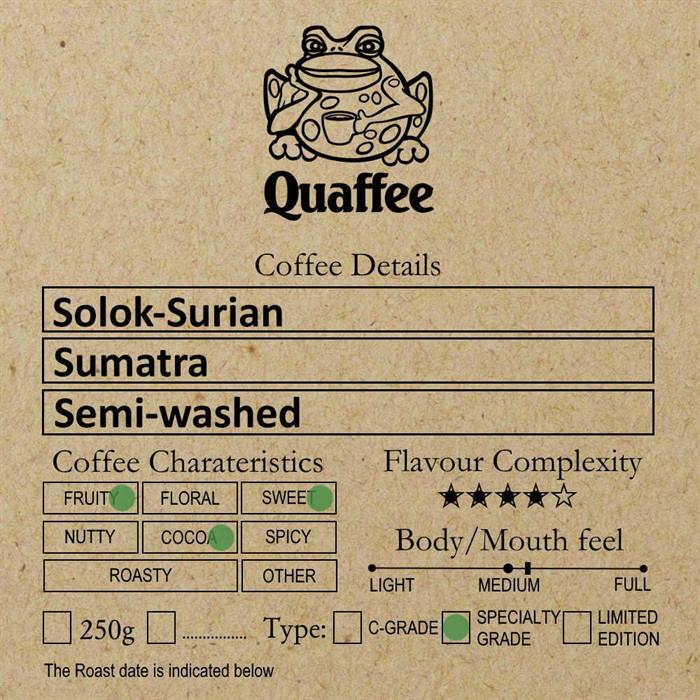

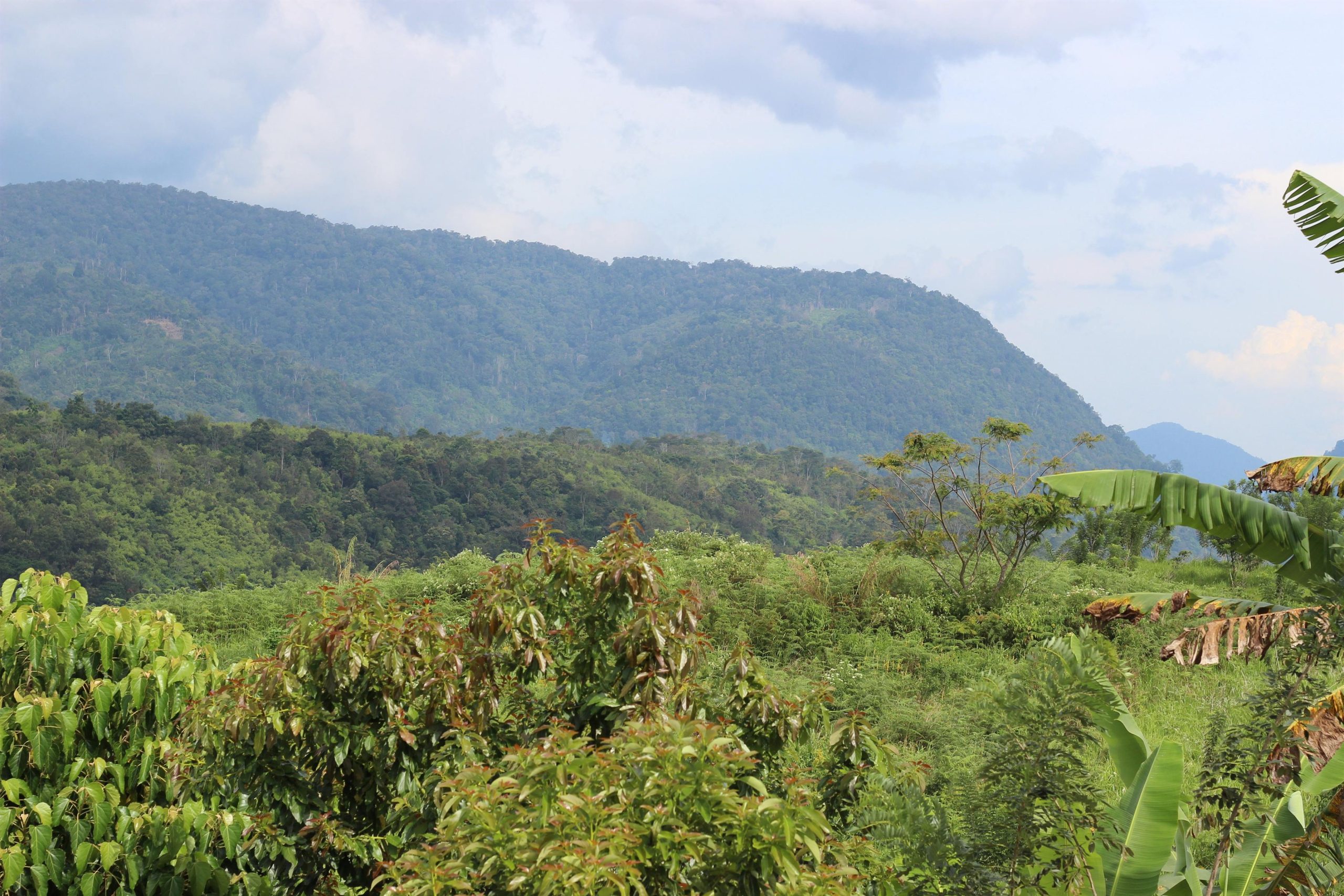
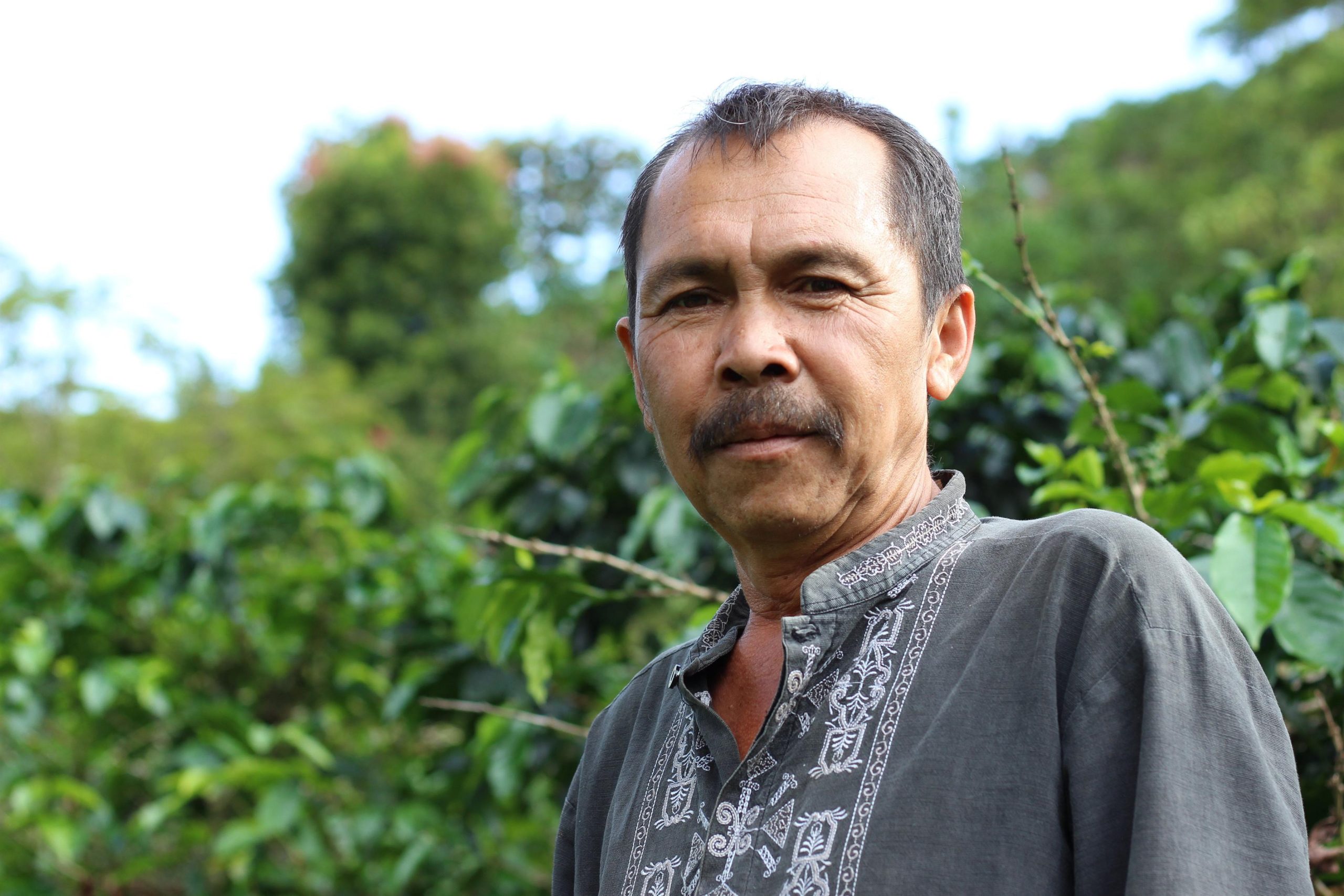
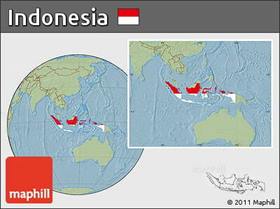
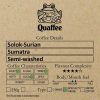
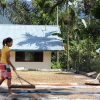
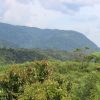
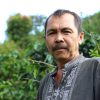
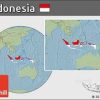

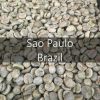
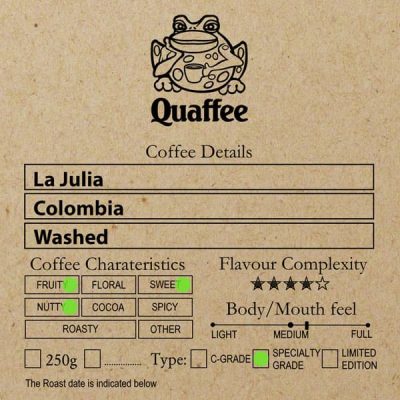
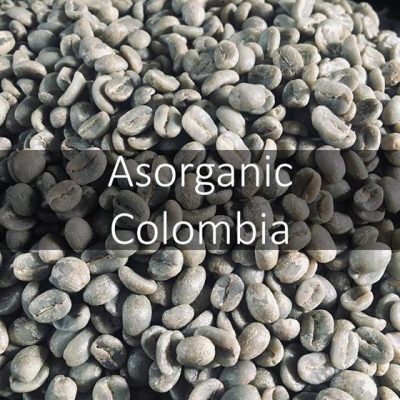
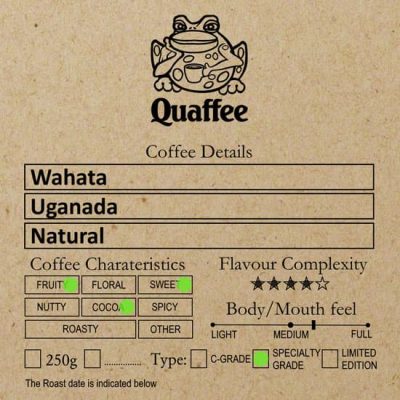
Reviews
There are no reviews yet.